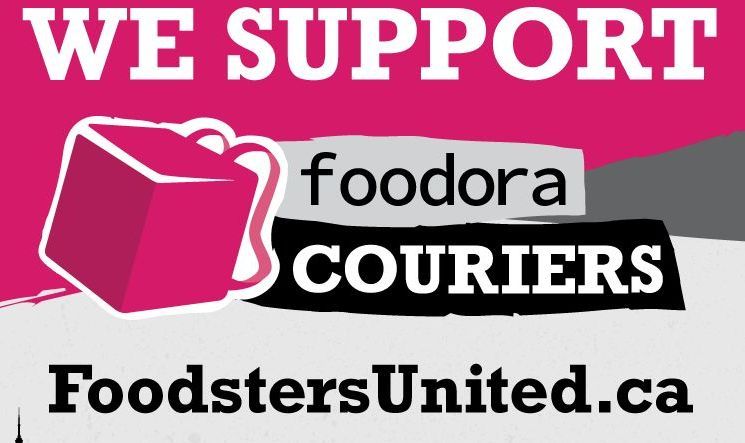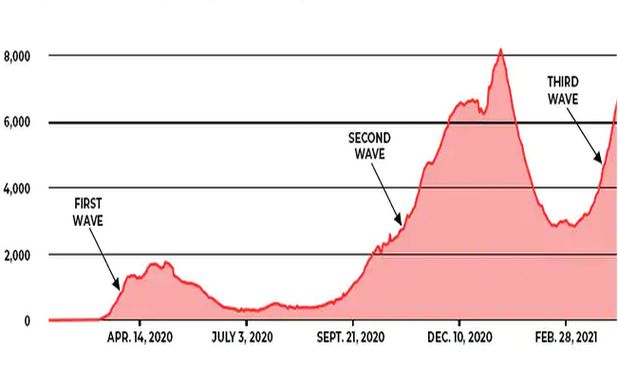After years of hard campaigning by tenants, the SRO Collaborative and Vancouver City Councillor Jean Swanson, a victory! In mid-November 2021, Vancouver City Council approved real rent control for the private single-room occupancy (SRO) hotels that house many of the city’s most vulnerable people in the Downtown Eastside. SROs are usually small single rooms, about 100 square feet in size, with a shared bathroom on each floor and sometimes with a shared kitchen. They were built at the start of the 20th century to house seasonal resource industry workers but are now often the last stop before homelessness. Currently, around 5,000 people live in some 100 Vancouver SROs. Over 80 are privately owned and over a dozen are government owned and operated by non-profits.
The Council’s move is part of an attempt to stabilize soaring SRO rents, driven by private, speculative purchasing of SROs and resulting significant rent increases after completing minor renovations. These rent increases have been driving SRO renters, many of them on social assistance, into the last place they can afford: the streets.
On January 1, 2022, BC ended the COVID pandemic rent freeze, returning to its system of yearly caps on rent increases determined by provincial government guidelines, generally below 5 percent. However, in the absence of vacancy control laws, rent can be drastically increased between tenancies, as the rent freeze and now the rent caps are tied to the tenant and not the unit.
The city’s new regulation will come into effect after the approval of the 2022 budget. Rent increases between tenancies will be restricted in the following ways:
- Rooms for more than $500/month can now only increase by the rate of inflation (around 2 percent).
- Rooms for less than $500/month can now only increase by the rate of inflation (around 2 percent) plus 5 percent.
- Rooms for less than $375/month can now be increased up to $375/month, the current shelter component of income assistance in BC.
In addition, SRO owners seeking to make substantial renovations will now have to apply to the City of Vancouver for permission to increase rents beyond these new limits in order to finance these upgrades. This is similar to a renoviction control regulation put in place in New Westminster in 2018. Owners will only be able to exceed the imposed limits if they have also gotten approval from the provincial Residential Tenancy Board to increase rents.
SRO owners will also have to submit rent rolls annually in order to renew their business licence, so that the City can monitor and enforce the rent increase restrictions. The Council has approved funds to ensure that this enforcement will take place.
This vacancy control victory would not have happened without the tireless work of City Councillor Jean Swanson, who moved two previous motions in the last two years for Vancouver staff to devise some options for municipal vacancy control through the city’s business licence bylaw. Swanson also worked to have SRO residents and housing activists speak at City Council meetings in favour of making housing more affordable. Most notably, Wendy Pedersen and the SRO Collaborative were essential in mobilizing renters to speak out at City Hall. Pedersen welcomed the new regulations despite having hoped for zero percent increases between tenancies.
A zero percent increase would have been ideal. While the new regulation does not completely outlaw rent increases between tenancies, it does curb them somewhat. According to a city staff report, without vacancy control, SRO rents could rise 37 per cent over the next decade. However, under the new regulations an SRO for over the $375 shelter rate can still increase 20 percent in a decade on top of yearly provincially allowed increases.
Nevertheless, the new regulation is a step in the right direction and is only seen as a stopgap measure by the City Council which passed a long-term housing strategy in October 2020 to take all privately owned SROs into public ownership to guarantee more affordable housing. However, this $1 billion plan will require provincial and federal assistance.
This vacancy control victory, together with New Westminster’s renoviction regulation, show that cities can start tackling housing affordability, especially when buoyed by housing activists and progressive politicians. Yet, so much more could be done if the province and the federal governments got on board.
The BC NDP government could do much more to help. At best it could launch a program to build thousands of affordable, quality social housing units every year. With federal support, BC built around 2,000 units of affordable rental and co-op housing every year until the Federal Liberals stopped support in 1993. If this rate of construction had been maintained, BC would have over 50,000 additional units.
The NDP government has consistently refused to restore real rent control with the controls tied to the unit rather than the tenant. A previous NDP government introduced this rent control in 1974, only for the Social Credit government to abolish it in 1983 as part of its onslaught on public services. If vacancy control was good policy for the NDP in 1975, why is the NDP unwilling to act now with rents far higher. Probably they are now more afraid of private developers and landlords than they were over 40 years ago. The important, but limited, victories in Vancouver and New Westminster should be expanded to cover all rental units.
At the very least, BC’s NDP government could increase the shelter rate for individuals living on social assistance or on disability. The current rate of $375/month has not been increased since 2007 when the median rental of a bachelor apartment in Metro Vancouver was $738 a month. In 2020, the median rent was $1,140 a month! Back in 1993, when the BC NDP was also in power, the shelter rate was $325, and the median rent was $505 a month. In other words, individuals on social assistance or on disability are condemned to a life under the poverty line, in squalid living conditions.
If the province is not proactive on housing, cities have to be, and cities in turn move under activist pressure. Both New Westminster and Vancouver acted after tenants and activists demanded action to protect renters from predatory landlords. Cities taking action can also help push the province. In July 2021, the province adopted part of New Westminster’s renoviction bylaw process to make renovictions more difficult for landlords. For our cities and provinces to take action on housing, we need to both build militant movements to demand quality affordable housing, and fight to elect bold candidates who will work with and for these movements.
Socialist Alternative calls for the market to be taken out of housing:
- Housing is a right: end homelessness.
- A Mansion tax, a progressive property tax with houses valued over $5 million to pay a higher tax. This money to be used by cities to build affordable public housing.
- A mass program to build and renovate decent, safe and affordable public housing run by tenants’ democracy. Protect renters and homeowners from housing speculators.
- Build fighting tenants’ unions. End renovictions. Rent controls tied to the unit, not the tenant. Security of tenure for private rentals.
- Fight housing speculation by increasing taxes on corporate and wealthy speculators. Increases in land value due to planning and infrastructure changes should benefit the public, not private owners.
- Housing should not be a commodity. Place into public ownership big developers, major construction companies and corporate landlords.




